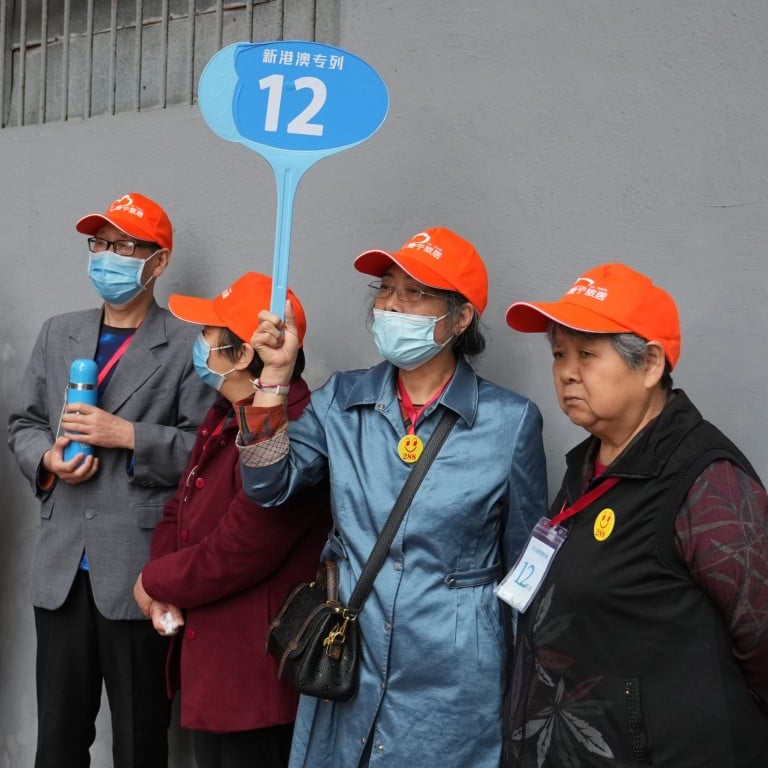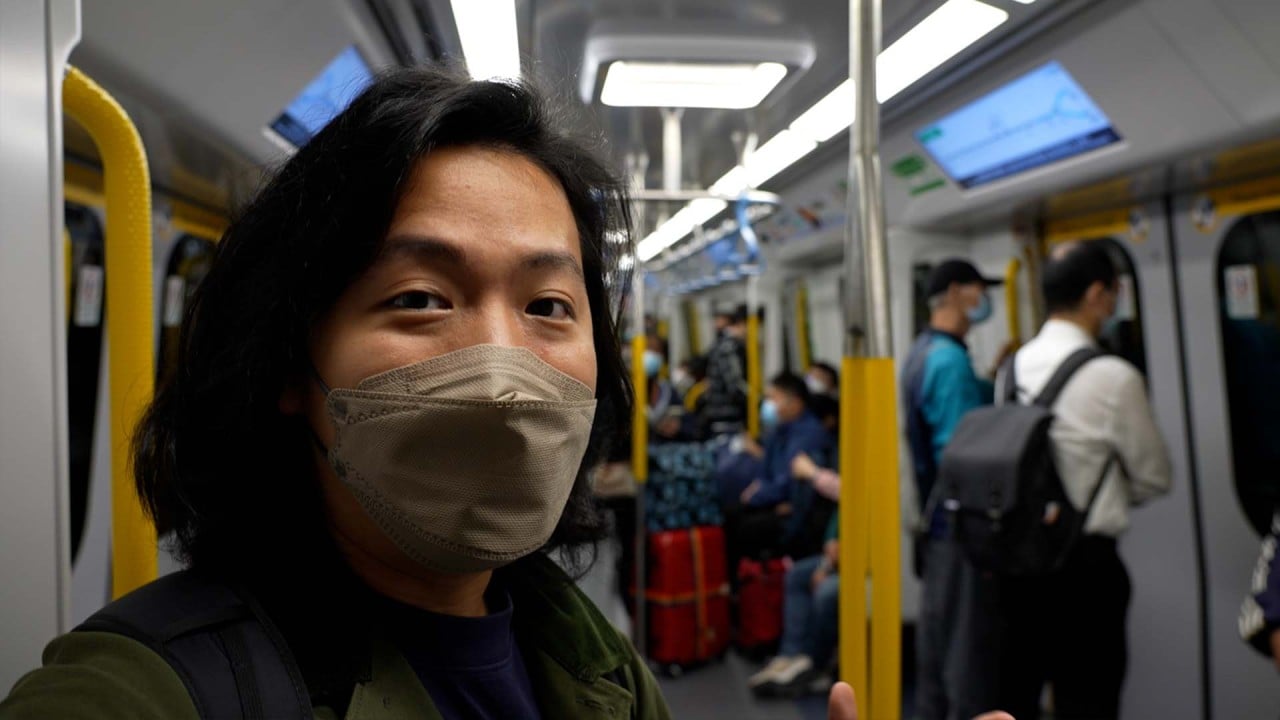
Hong Kong should lay out the welcome mat for mainlanders
- Harassment of visitors is intolerable and city’s equality watchdog is right to propose extending anti-discrimination law to arrivals from across the border
The opening of Hong Kong’s border with the mainland was warmly welcomed after almost three years of limited travel during the pandemic. The return of mainland tourists and talent is needed to help drive the city’s economic recovery.
But as the number of arrivals from the mainland to visit, study, work and settle rebounds, it is important to ensure they are treated decently and fairly.
In the past, mainlanders have at times been subjected to abuse, harassment and discrimination. This is intolerable and reflects badly on Hong Kong.
The problem began with a surge in cross-border visitors after the introduction of individual trips in an attempt to boost the city’s economy after severe acute respiratory syndrome (Sars) struck in 2003.
The influx gradually led to tensions. There were protests against parallel traders in 2013 and a demonstration during which mainland shoppers in Tsim Sha Tsui were subjected to abuse the following year. The emergence of a localist movement, promoting a Hong Kong identity, exacerbated the problem.
Anti-mainland sentiment reached a peak during the civil unrest of 2019. Since then, the situation appears to have improved. The protests subsided and the localist movement has faded in the wake of a national security law passed in 2020. Meanwhile, the border closures meant visitor numbers dwindled.
But, as cross-border travel picks up again, there is no room for complacency. Discrimination against mainlanders remains a problem.
New arrivals settling in the city are often wrongly stereotyped as lazy, poorly educated and a burden on public services.
Hong Kong’s anti-racial discrimination laws are expressed in terms of bias on the grounds of race, colour, descent, national or ethnic origin. They do not cover discrimination between members of the same race.
Cross-border visits bode well for Hong Kong’s future
The Equal Opportunities Commission has proposed the law be extended to cover ill-treatment of mainlanders by local people. It has made submissions to the government and hopes legal amendments will be made this year.
Such a step would require careful wording and efforts to ensure the new law does not overreach or unduly restrict free speech.
It has been described as a “last resort”. What is clear is that whether by legislation or other means, any abuse of mainlanders must be curbed.
This should be part of broader efforts to prevent discrimination, whether against people from the mainland, ethnic minorities or vulnerable groups such as the LGBTQ community.
Hong Kong needs people from the mainland and from other parts of the world to help its economic revival and establish a more multicultural community. They should be welcomed and treated well, not resented or feared.


